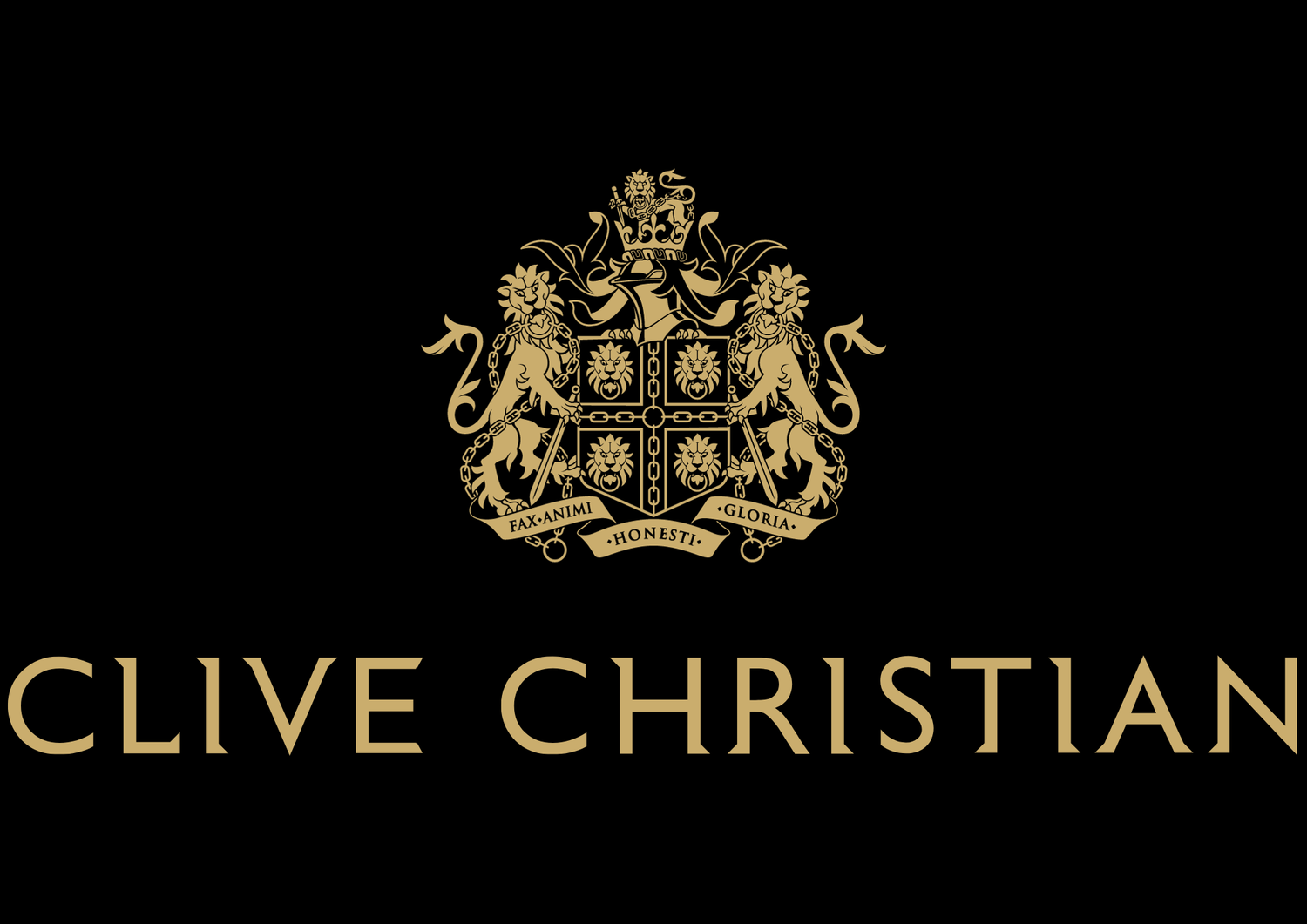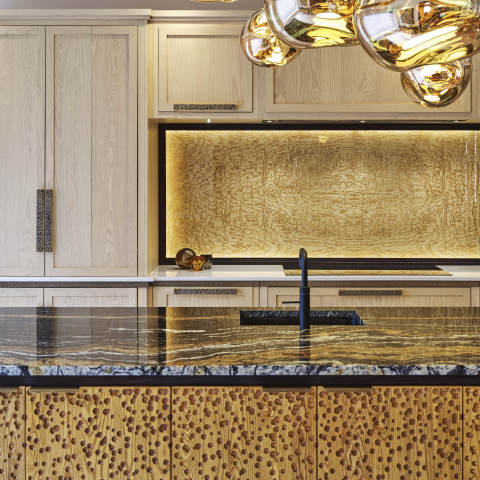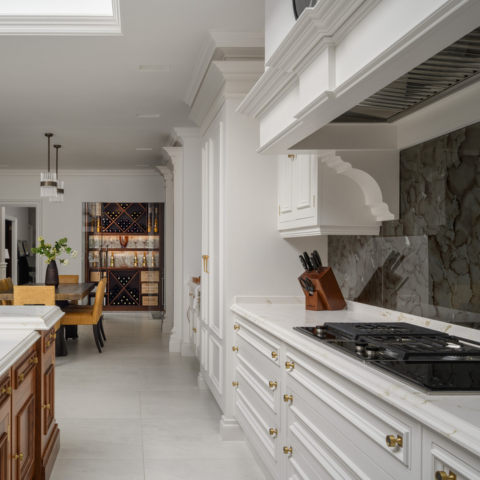SUSTAINABILITY AT CLIVE CHRISTIAN INTERIORS
To mark Earth Day 2024 we caught up with Oliver Deadman, Head of Design at Clive Christian Interiors to discuss the ways in we’re improving sustainability across the company.
How has sustainability informed the design process at Clive Christian Interiors?
Sustainability is very much at the heart of our company, we have a duty of care to cherish our habit - protecting the people and their resources for future generations.
We have obvious obligations with the safeguarding of nature, being a company that prides itself on the usage of natural product. There is no comparable beauty in complexity and diversity of naturally harvested materials.
"Our cabinetry's high quality materiality and superior build promotes life long living. Elevating the everyday for generations to come."
In a similar fashion we are committed to the protection of skillsets. In a world of disposable design, handmade heirloom practices are beginning to disappear from the education system – we are striving to protect these cultural disciplines by encouraging in-house training programs amongst our current staff, as well as working on our future master crafters with locally associated apprenticeship schemes.
Ultimately, our designs are created to be beyond market trends; with a timeless appeal our cabinetry’s high quality materiality and superior build promotes life long living – elevating the everyday for generations to come.
What measures are we taking within the factory processes to improve sustainability?
Within the factory we support a full ethical approach from beginning to end of the workshop cycle.
In order to manage waste, we purchase materials on an order to order basis, this allows us to successfully understand the importance of each log or sheet coming in. Following the acceptance of our exclusively FSC certified materials, our machinists work to optimised cut schedules, minimising waste – whilst increasing efficiency.
Where biproduct cuts are created we channel through various departments to run stock mouldings or create hidden fixing cleats. Instances where cuts are not suitable for a new life, we chip them and send through our biomass burners, which fire the workshop boiler systems creating an ambient environment for our furniture and staff alike.
We also reduce our impact on the environment where possible using water based finishing techniques, with flat panel works passing through our finish line system, which maximises applied finish usage – keeping our VOC levels at the very minimum.
Packaging and transportation is an incredibly difficult balance, ensuring our furniture is delivered to our clients home in a pristine manner does require additional materials – particularly when you consider that we export as far as Vietnam! We use recycled packaging stock, which is custom made in house via optimisation software, and ship whole orders – reducing the impact on carbon emissions associated with haulage.
What options are available for customers to recycle our furniture if they are moving house or renovating?
When clients are ready for a change or should they inherit an interior which isn’t quite to their taste – we have a fantastic relationship with Rehome, who connect clients with our pre loved interiors to continue the timeline of our heirloom product.
BOOK AN APPOINTMENT
To find out further information about our Edinburgh showroom or to experience our collections in person at one of our international locations visit our showrooms information page. You can also view our past projects for inspiration here.





